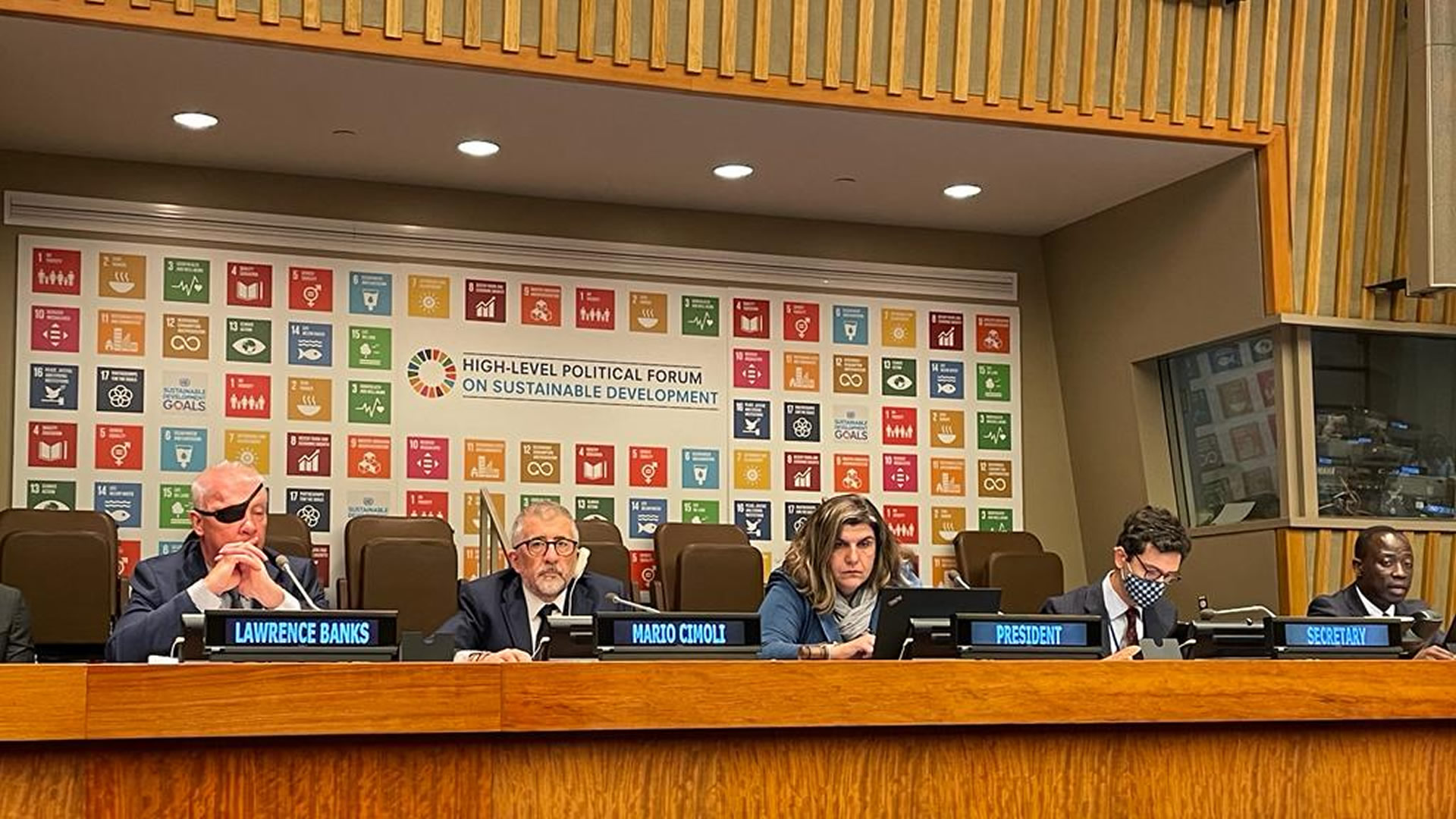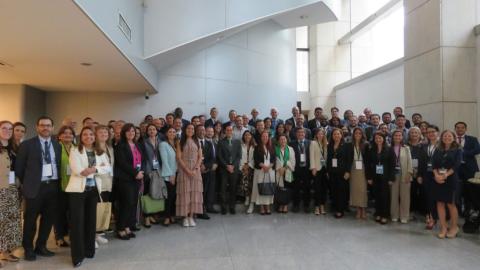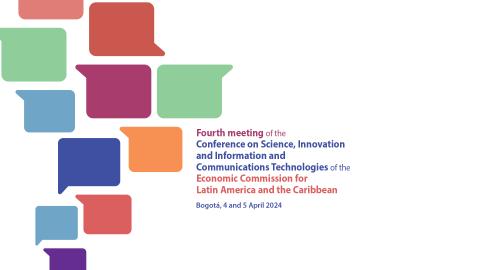News
To build a more egalitarian globalization, cooperation on science, technology and innovation must be effective and go hand in hand with trade and investment agreements and the opening up of intellectual property treaties, Mario Cimoli, Acting Executive Secretary of the Economic Commission for Latin America and the Caribbean (ECLAC), affirmed today during the High-Level Political Forum on Sustainable Development, which is being held at the United Nations headquarters in New York.
“Science, technology and innovation must be a critical part of trade and investment agreements between developed economies and less developed ones. This process goes far beyond voluntary declarations,” ECLAC’s highest representative stated in his remarks on the panel “Mobilizing and sharing science, technology and innovation for an SDG driven recovery.”
He stressed that the COVID-19 pandemic has underscored the relevance of health systems and of scientific and technological capacities for responding to the population’s demands, as well as for becoming true drivers of technological and productive change in developing countries.
He noted that while science, technology and innovation are essential to the recovery and development of Latin American and Caribbean countries, the region’s economies have innovation systems with scant financing, comparatively weak institutions and supportive policies, and a production system that does not foster the creation of capacities or innovation.
Mario Cimoli recalled that a lesson learned from the COVID-19 vaccination process is that vaccine distribution and scientific and technological cooperation did not reach less developed economies.
That is why, he said, “the key issue is how to effectively carry out scientific and technological cooperation. If it is not included in trade, investment and cooperation agreements, it will surely remain in a vacuum.”
ECLAC’s Acting Executive Secretary also stressed the urgency of rethinking and moving towards greater openness in intellectual property treaties, which would allow developing economies to incorporate technology in production processes.
“Intellectual property is a critical factor that requires technology transfer from more developed countries to less developed ones. This is a process of mutual learning,” he indicated.
The High-Level Political Forum (HLPF) is taking place through July 15 under the theme of “Building back better from the coronavirus disease (COVID-19) while advancing the full implementation of the 2030 Agenda for Sustainable Development.”
This intergovernmental initiative, organized by the United Nations Economic and Social Council (ECOSOC), facilitates the process for countries to review and report on progress towards achieving the Sustainable Development Goals (SDGs). On this occasion, participants will review progress on SDG 4 on quality education, SDG 5 on gender equality, SDG 14 on life below water, SDG 15 on life on land, and SDG 17 on partnerships for the Goals.



